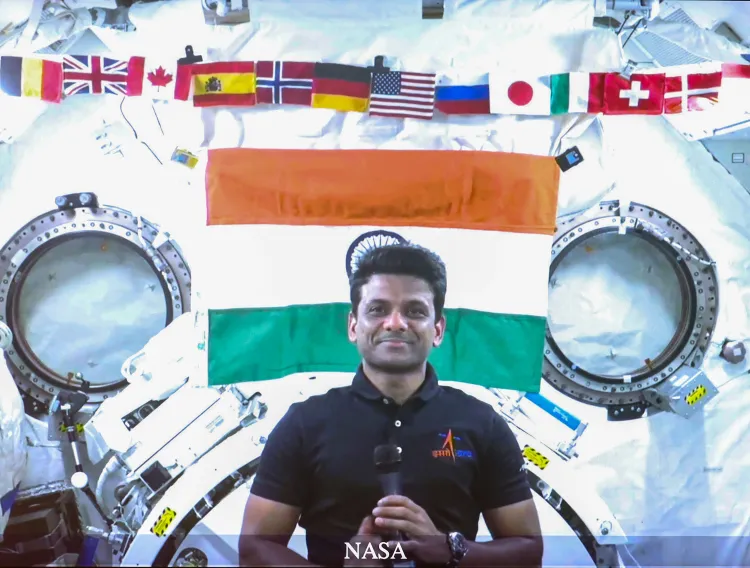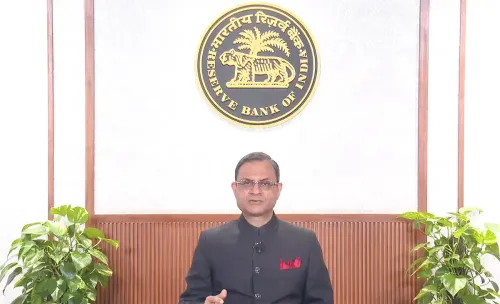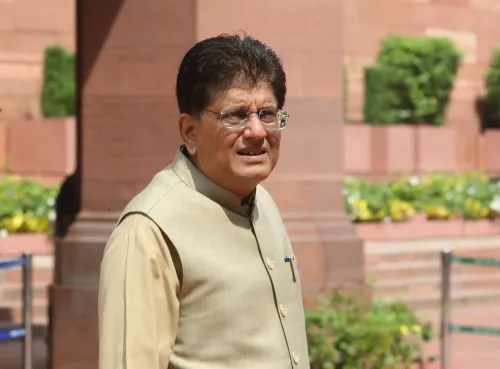Can Shubhanshu Shukla Decode Muscle Loss in Space?

Synopsis
Key Takeaways
- Shubhanshu Shukla is the first Indian at the ISS.
- Research focuses on muscle health in microgravity.
- Could prevent muscle loss in astronauts during missions.
- Has implications for treating muscle loss on Earth.
- Involves collaboration with international astronauts.
New Delhi, July 1 (NationPress) IAF Group Captain Shubhanshu Shukla has initiated a groundbreaking experiment aimed at understanding muscle health in the unique environment of space—an endeavor vital for astronauts on extended missions and for individuals experiencing muscle loss on Earth.
Last week, Shukla made history by becoming the first Indian to arrive at the International Space Station (ISS), as part of the Axiom Space's mission -4.
He collaborated with three other astronauts from the US, Poland, and Hungary, as well as seven members of Expedition 73 to advance research on muscle and brain health.
According to a blog post by NASA, “Shukla utilized Kibo’s Life Science Glovebox to examine muscle stem cell cultures, aiming to discover methods to preserve muscle health in space.”
The investigation into muscle deterioration in microgravity—a persistent challenge in space medicine—may lead to innovative therapeutic solutions.
“In space, the absence of gravity reduces physical load, resulting in muscle loss. My experiment explores whether we can mitigate or delay this loss through supplements,” Shukla stated during a dialogue with Prime Minister Narendra Modi from the orbital lab.
“This research has direct implications for Earth; these supplements could be beneficial for individuals suffering from muscle loss due to aging,” the IAF Group Captain added.
Axiom Space highlighted that “the results could help prevent muscle atrophy in astronauts during long-duration missions.”
On Earth, the findings could lead to “treatments for muscle-related ailments and conditions arising from aging or extended immobility,” the American company noted.
Additionally, Shukla recorded a video aimed at inspiring young Indian students about how the digestive system adapts to life in space. He also documented crew activities for the Astronaut Mental Health study, as reported by NASA.
During their 14-day mission at the ISS, the Ax-4 crew plans to conduct approximately 60 scientific studies and commercial activities in microgravity, representing 31 nations including the US, India, Poland, Hungary, Saudi Arabia, Brazil, Nigeria, the UAE, and various European countries.
India, through ISRO, has contributed seven meticulously chosen studies to this mission.










